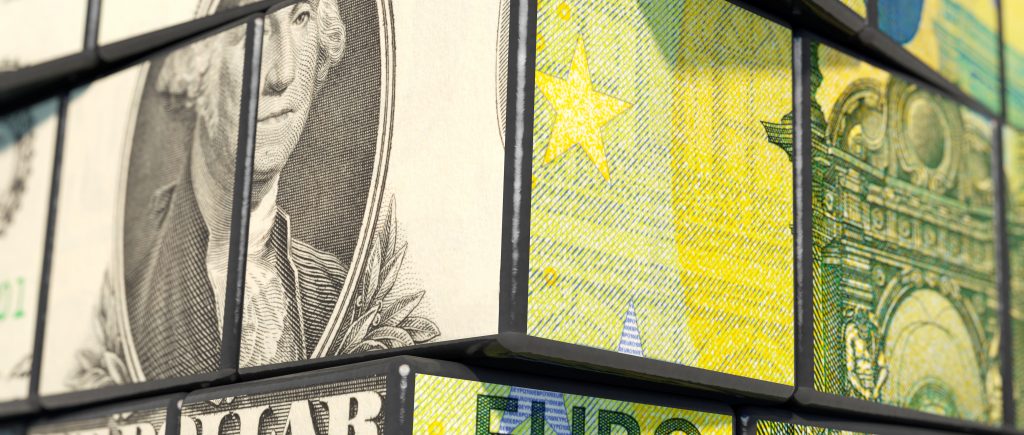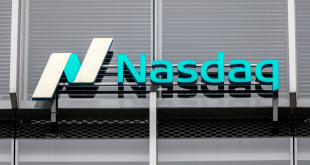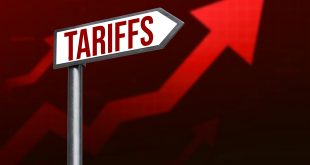The Euro has found a momentary calm after days of turbulence, but the question lingering over global markets is far from settled: can Europe’s political institutions contain the fallout before confidence erodes further? The recent standoff in France, coupled with Washington’s prolonged government shutdown, has thrust the EUR/USD exchange rate into a delicate balancing act—one that reveals far more about political credibility than short-term price swings.
The Eurozone’s Political Fault Line Widens
The sudden resignation of French Prime Minister Sébastien Lecornu, just hours after presenting his cabinet, exposed deep fractures in the nation’s political landscape. It was not merely a domestic embarrassment—it sent ripples through the Eurozone’s second-largest economy, raising concerns about policy paralysis just as fiscal debates intensify across Europe.
President Emmanuel Macron now faces the urgent task of appointing a successor capable of restoring stability and pushing forward a national budget before year-end. The stakes are high: a failure to secure parliamentary alignment could invite market skepticism, higher borrowing costs, and renewed pressure on the Euro. While a snap election remains unlikely, even the hint of political fragmentation has historically weighed heavily on the common currency.
Beyond France, the broader Eurozone narrative is shifting. Growth momentum has slowed, energy price volatility lingers, and public discontent over cost-of-living pressures is eroding trust in centrist leadership. In this environment, the European Central Bank, led by President Christine Lagarde, finds itself balancing inflation control with a fragile recovery. A politically fractured Eurozone risks undermining policy coordination just as monetary tightening approaches its inflection point.
Across the Atlantic: A Crisis of Confidence
Meanwhile, the United States is experiencing its own test of credibility. The ongoing government shutdown, now in its tenth day, has disrupted vital economic reporting and delayed key data releases. While the Bureau of Labor Statistics confirmed the Consumer Price Index will still be published before the Federal Reserve’s upcoming policy meeting, the broader perception is one of dysfunction.
Prolonged gridlock in Washington not only weakens investor sentiment but also challenges the credibility of fiscal governance in the world’s largest economy. Should the shutdown extend into mid-October, disruptions could intensify—impacting everything from economic data to federal operations. Such uncertainty places the U.S. Dollar in an unusual position: supported by its safe-haven appeal, yet undermined by domestic instability.
Monetary Policy on Edge
Both sides of the Atlantic are now entering critical decision windows. The Federal Reserve, under Chair Jerome Powell, must assess inflation trends and labor data that are arriving amid administrative disruption. The European Central Bank faces a similar dilemma—whether to maintain its restrictive stance or pivot toward easing as growth falters.
In both cases, the challenge is less about interest rates and more about maintaining institutional trust. Market participants are watching not only economic indicators but the ability of governments to deliver stability and policy continuity. In today’s markets, perception often moves faster than fundamentals.
What This Means for Global Investors
The interplay between political legitimacy and monetary credibility is defining this moment. France’s leadership crisis and America’s shutdown underscore how political dysfunction can ripple through markets, influencing sentiment, capital flows, and currency dynamics. Investors and traders alike would do well to approach the current calm with measured caution. The Euro’s recovery from a two-month low may signal resilience, but it also masks vulnerabilities that could resurface quickly if Europe’s political uncertainty deepens or Washington’s impasse drags on.
Ultimately, the true test for both the Euro and the Dollar lies not in market movements but in whether policymakers can restore confidence in governance. Stability—both political and institutional—is once again the world’s most valuable currency.

 Noor Trends News, Technical Analysis, Educational Tools and Recommendations
Noor Trends News, Technical Analysis, Educational Tools and Recommendations




